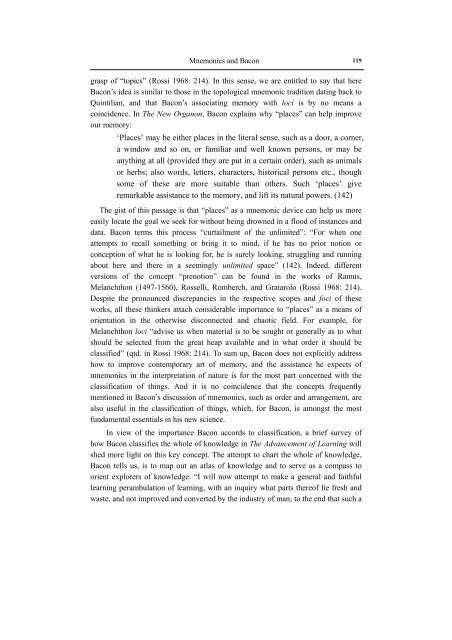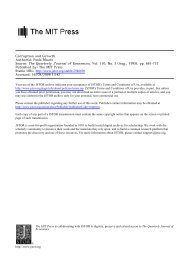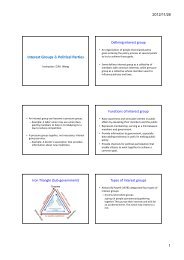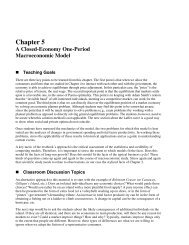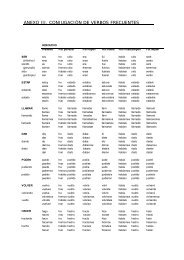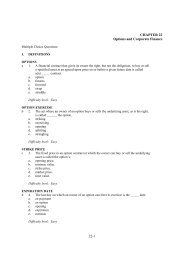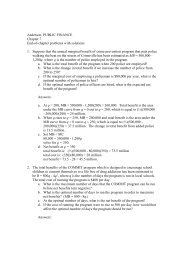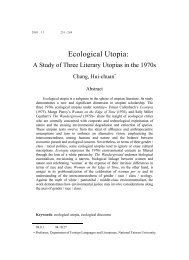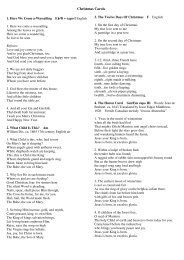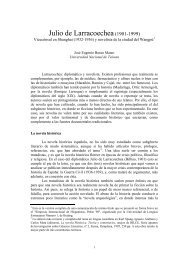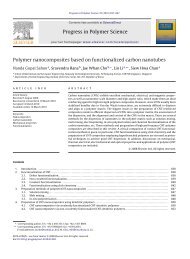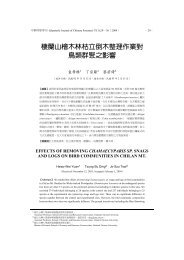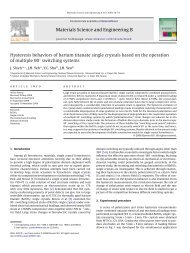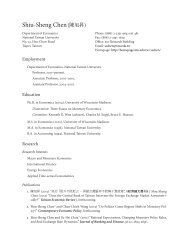Mnemonics and Bacon
Mnemonics and Bacon
Mnemonics and Bacon
Create successful ePaper yourself
Turn your PDF publications into a flip-book with our unique Google optimized e-Paper software.
<strong>Mnemonics</strong> <strong>and</strong> <strong>Bacon</strong><br />
grasp of “topics” (Rossi 1968: 214). In this sense, we are entitled to say that here<br />
<strong>Bacon</strong>’s idea is similar to those in the topological mnemonic tradition dating back to<br />
Quintilian, <strong>and</strong> that <strong>Bacon</strong>’s associating memory with loci is by no means a<br />
coincidence. In The New Organon, <strong>Bacon</strong> explains why “places” can help improve<br />
our memory:<br />
‘Places’ may be either places in the literal sense, such as a door, a corner,<br />
a window <strong>and</strong> so on, or familiar <strong>and</strong> well known persons, or may be<br />
anything at all (provided they are put in a certain order), such as animals<br />
or herbs; also words, letters, characters, historical persons etc., though<br />
some of these are more suitable than others. Such ‘places’ give<br />
remarkable assistance to the memory, <strong>and</strong> lift its natural powers. (142)<br />
The gist of this passage is that “places” as a mnemonic device can help us more<br />
easily locate the goal we seek for without being drowned in a flood of instances <strong>and</strong><br />
data. <strong>Bacon</strong> terms this process “curtailment of the unlimited”: “For when one<br />
attempts to recall something or bring it to mind, if he has no prior notion or<br />
conception of what he is looking for, he is surely looking, struggling <strong>and</strong> running<br />
about here <strong>and</strong> there in a seemingly unlimited space” (142). Indeed, different<br />
versions of the concept “prenotion” can be found in the works of Ramus,<br />
Melanchthon (1497-1560), Rosselli, Romberch, <strong>and</strong> Gratarolo (Rossi 1968: 214).<br />
Despite the pronounced discrepancies in the respective scopes <strong>and</strong> foci of these<br />
works, all these thinkers attach considerable importance to “places” as a means of<br />
orientation in the otherwise disconnected <strong>and</strong> chaotic field. For example, for<br />
Melanchthon loci “advise us when material is to be sought or generally as to what<br />
should be selected from the great heap available <strong>and</strong> in what order it should be<br />
classified” (qtd. in Rossi 1968: 214). To sum up, <strong>Bacon</strong> does not explicitly address<br />
how to improve contemporary art of memory, <strong>and</strong> the assistance he expects of<br />
mnemonics in the interpretation of nature is for the most part concerned with the<br />
classification of things. And it is no coincidence that the concepts frequently<br />
mentioned in <strong>Bacon</strong>’s discussion of mnemonics, such as order <strong>and</strong> arrangement, are<br />
also useful in the classification of things, which, for <strong>Bacon</strong>, is amongst the most<br />
fundamental essentials in his new science.<br />
In view of the importance <strong>Bacon</strong> accords to classification, a brief survey of<br />
how <strong>Bacon</strong> classifies the whole of knowledge in The Advancement of Learning will<br />
shed more light on this key concept. The attempt to chart the whole of knowledge,<br />
<strong>Bacon</strong> tells us, is to map out an atlas of knowledge <strong>and</strong> to serve as a compass to<br />
orient explorers of knowledge: “I will now attempt to make a general <strong>and</strong> faithful<br />
learning perambulation of learning, with an inquiry what parts thereof lie fresh <strong>and</strong><br />
waste, <strong>and</strong> not improved <strong>and</strong> converted by the industry of man; to the end that such a<br />
119


